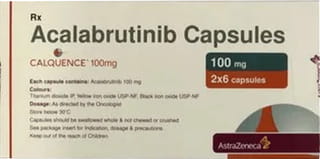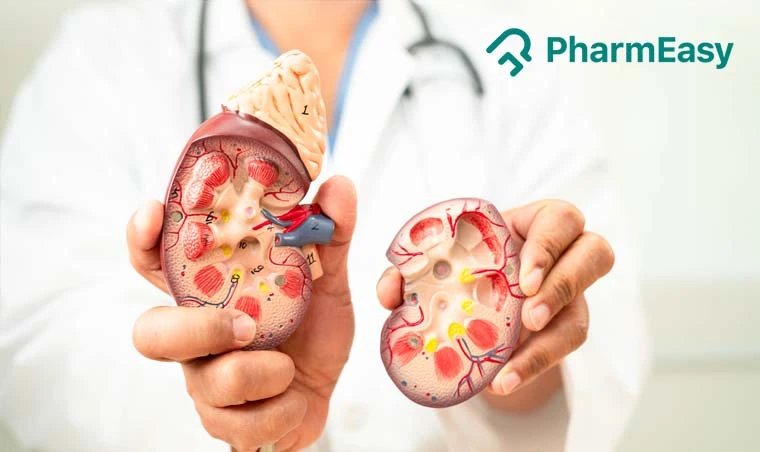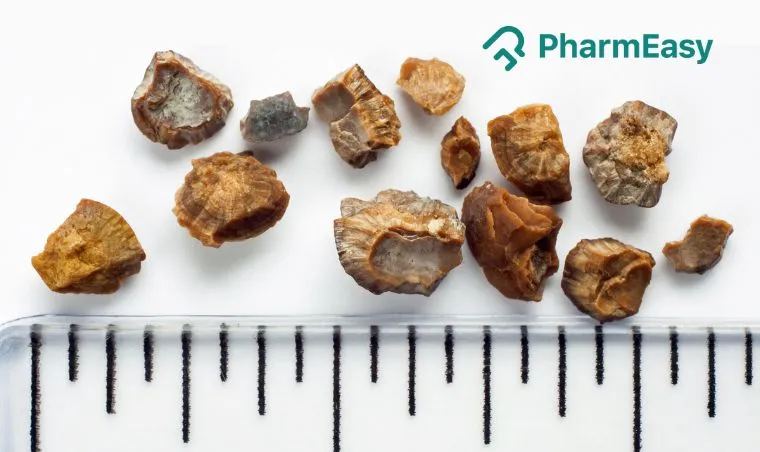Calquence 100mg Strip Of 6 Capsules (Pack Of 2)
Description
Calquence 100mg Capsule is used in the treatment of blood cancer and is prescribed to patients over 18 years old who have received at least one prior treatment. It contains the active medicine acalabrutinib. Calquence 100mg Capsule is taken orally, preferably with food or between meals, and should be used as directed by your doctor regarding dose and duration. It is recommended to take this medicine consistently and for as long as prescribed to avoid missing doses.
Common side effects include anemia, neutropenia, upper respiratory tract infections, thrombocytopenia, headache, diarrhea, and musculoskeletal pain. If these symptoms are bothersome or severe, inform your doctor, as they may suggest ways to reduce or manage them.
Notify your doctor about any medical history of bleeding disorders, heart or liver disease, radiation treatment, or infections. The risk of bleeding may increase if the patient is taking blood thinner medications alongside Calquence 100mg Capsule. Many other medications can influence or be influenced by this medicine, so inform your doctor about all the medications you are currently taking.
Contact your doctor immediately if you notice unusual bruising, bleeding, dark tarry stools, or a sore throat. This medicine reduces the number of blood cells in your bloodstream, increasing susceptibility to infections. Regular blood tests are necessary to monitor blood cell counts along with kidney, liver, and heart functions during treatment. Effective contraception for both males and females is essential during treatment to prevent pregnancy.
Product Summary
| Offer Price | ₹163588.50 |
| You Save | ₹18176.50 (10% on MRP) |
| Contains | Acalabrutinib(100.0 Mg) |
| Uses | Blood cancer |
| Side effects | Anemia, neutropenia, upper respiratory tract infections |
| Therapy | ANTI-NEOPLASTIC |
Uses
Contraindications
Side effects
- Muscle or joint pain
- Headache
- Rash
- Feeling tired (fatigue), weakness, or lack of energy
- High blood pressure
- Dizziness
- Headache, pressure in the eyes, nose, or cheek area (sinusitis)
- Sore throat and runny nose (nasopharyngitis)
- Upper respiratory tract infection
- Urinary tract infection (pain or burning sensation when passing urine)
- Feeling sick to your stomach (nausea), vomiting, stomach pain, constipation (infrequent or hard stools), diarrhoea (frequent or loose stools)
- Decreased number of red blood cells, decreased number of neutrophils (a type of white blood cell), or decreased number of cells that aid in blood clotting (platelets)
Precautions and Warnings
Pregnancy
Breast Feeding
Driving
Alcohol
Other General Warnings
- You have ever had unusual bruising or bleeding or are taking any medicines that increase your risk of bleeding.
- You have an infection.
- You have recently had an operation or are about to have one. Your doctor may stop your Calquence treatment before and after a medical, surgical, or dental procedure.
- You have ever had hepatitis B (a liver infection)
- You have or have ever had an irregular heartbeat.
- You develop a new skin lesion or any change in the appearance of an area on your skin, as you may have a higher risk of skin cancer. Use sun protection and check your skin regularly.
- You have kidney disease or have had a kidney transplant.
- You have liver disease.
Directions for Use
Storage and disposal
Dosage
Overdose
Missed a Dose
- If you miss a dose and it is less than 3 hours past your usual time, take the missed dose immediately. Then, take your next dose at the usual time.
- If it is more than 3 hours past your usual time, skip the missed dose and take your next dose at the usual time.
- Do not take a double dose to compensate for a missed dose.
Mode of Action
How Does It Work?
Interactions
Interactions with other medicines
- Be especially sure to tell your doctor if you are taking any of the following medicines:
- Certain antibiotics for bacterial infections (like clarithromycin)
- Medicines for fungal infections (like posaconazole, itraconazole, voriconazole)
- Ketoconazole (for Cushing’s syndrome)
- Medicines for HIV infections (like indinavir and ritonavir)
- Medicines for hepatitis C (like telaprevir)
- Rifampicin (an antibiotic for tuberculosis)
- Ergotamine (for migraines)
- Conivaptan (for low blood sodium)
- Metformin (for high blood sugars)
- Cyclosporine (to prevent organ rejection)
- Medicines for fits (seizures) or epilepsy (like carbamazepine and phenytoin)
- Pimozide (for Tourette's syndrome)
- St. John’s wort (a herbal medicine for depression)
- Theophylline (for wheezing, shortness of breath, and chest tightness)
- Methotrexate (for conditions like rheumatoid arthritis, psoriasis, and ulcerative colitis) - Take this medicine at least 6 hours before or after Calquence.
- You can take stomach acid-reducing medicines like antacids (calcium carbonate), histamine-2 receptor blockers (ranitidine and famotidine), and proton pump inhibitors (omeprazole) with Calquence tablets....
- Medicines that increase your risk of bleeding:
- Calquence may make you bleed more easily. Tell your doctor if you are taking other medicines that increase your risk of bleeding, such as:
- Antiplatelets (like acetylsalicylic acid and clopidogrel)
- Anticoagulants (blood thinners like warfarin or enoxaparin)
Content Details
Ravindra Ghongade
B. Pharm
Dr. Nikita Toshi
BDS (Bachelor of Dental Surgery), WHO FIDES member
References
Did you find this medicine information helpful?
Please rate your experience










